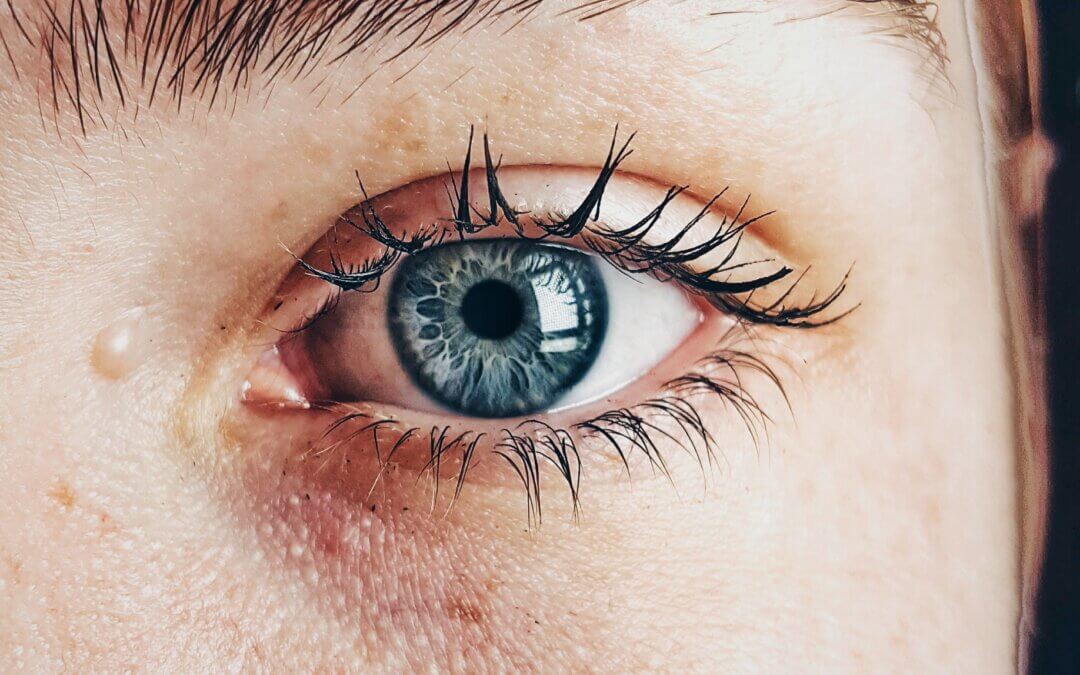Protecting Your Skin Health No Matter Where You Live
Growing up on the island of Aruba, with its beautiful beaches and year-round sunny weather, meant I was constantly exposed to the sun’s harmful UV rays. As someone with fair skin and freckles, I quickly learned the importance of protecting my skin from the sun. Living near the equator, Aruba has some of the most perfect sunny 80F days, which made it all the more important to be educated on skin health. This firsthand experience has taught me valuable lessons on how to protect and care for my skin, and how important skin cancer awareness truly is.
Now living in New York during the winters, I’ve learned that skin also changes with temperature. The cold air can be harsh and dry, causing our skin to become rough and cracked. However, it can also preserve our skin by reducing inflammation and irritation. This makes it important to switch up our skincare routine during the winter months, using moisturizers and creams to help protect and hydrate our skin. Whether in the sunny tropical climate of Aruba or the cold winter weather of New York, taking care of our skin should always be a priority.
Skin Cancer Awareness Month
Skin Cancer Awareness Month, celebrated every May, is a global campaign to raise awareness about skin cancer. Skin cancer is the most common type of cancer in many countries, including the United States, Australia, and New Zealand. It is caused by overexposure to ultraviolet (UV) radiation from the sun or tanning beds. Tanning is not a good idea as it increases your risk of developing skin cancer and premature aging.
Protecting your skin is not just a one-time event, it’s a lifestyle. It is important to wear protective clothing, use sunscreen with at least SPF 30, and seek shade during peak sun hours. Remember to reapply sunscreen every two hours, even on cloudy days, as UV rays can penetrate through clouds. It’s also important to keep an eye on any changes in moles or other spots on your skin and to have them checked by a dermatologist if they appear suspicious.
Skin Health Misconception
One misconception about skin cancer is that it only affects people with fair skin. While it is true that people with fair skin are at higher risk, skin cancer can affect anyone regardless of their skin color or ethnicity. In fact, people with darker skin may be at higher risk of developing certain types of skin cancer because they are less likely to notice changes in their skin.
There are three main types of skin cancer: basal cell carcinoma, squamous cell carcinoma, and melanoma. Basal cell carcinoma and squamous cell carcinoma are the most common types and are often referred to as nonmelanoma skin cancers. These types of skin cancer are usually less aggressive than melanoma and can often be treated with surgery.
Melanoma, on the other hand, is a more aggressive form of skin cancer that can spread to other parts of the body if not caught early. It is important to monitor any changes in moles or other spots on the skin and to have them checked by a doctor if they appear suspicious.
Three tips on how to protect your skin from skin cancer
- Wear protective clothing, such as long-sleeved shirts and wide-brimmed hats, when outside.
- Use sunscreen with an SPF of at least 30 and reapply every two hours.
- Seek shade during peak sun hours, typically between 10 a.m. and 4 p.m.
Early Dedication Is Key With Skin Cancer
Remember, early detection is key when it comes to skin cancer. If you notice any changes in your skin, such as a new or changing mole, make an appointment with a dermatologist. We all can do our part to raise awareness about skin cancer and the importance of sun safety. Share this information with your friends and family and encourage them to take steps to protect their skin. Let’s work together to prevent skin cancer and bring awareness
What steps will you be taking to protect your skin?
Never too late to start a healthy skincare routine and spread skin cancer awareness.


Recent Comments